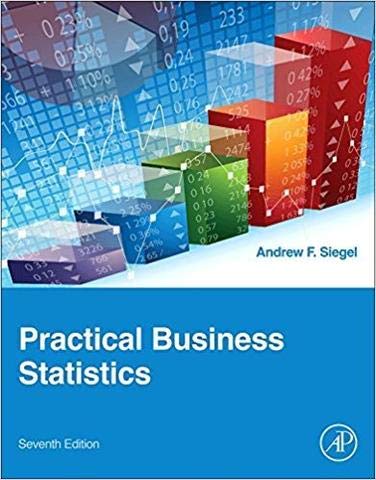Postcolonial Theory: A Critical Introduction: Second Edition
₱2,234.00
Product Description
Published twenty years ago, Leela Gandhi’s
Postcolonial Theory was a landmark description of the field of postcolonial studies in theoretical terms that set its intellectual context alongside poststructuralism, postmodernism, Marxism, and feminism. Gandhi examined the contributions of major thinkers such as Edward Said, Gayatri Spivak, Homi Bhabha, and the subaltern historians. The book pointed to postcolonialism’s relationship with earlier anticolonial thinkers such as Frantz Fanon, Albert Memmi, Ngũgĩ wa Thiong’o, and M. K. Gandhi and explained pertinent concepts and schools of thought―hybridity, Orientalism, humanism, Marxist dialectics, diaspora, nationalism, gendered subalternity, globalization, and postcolonial feminism.
The revised edition of this classic work reaffirms its status as a useful starting point for readers new to the field and as a provocative account that opens up possibilities for debate. It includes substantial additions: A new preface and epilogue reposition postcolonial studies within evolving intellectual contexts and take stock of important critical developments. Gandhi examines recent alliances with critical race theory and Africanist postcolonialism, considers challenges from postsecular and postcritical perspectives, and takes into account the ontological, environmental, affective, and ethical turns in the changed landscape of critical theory. She describes what is enduring in postcolonial thinking―as a critical perspective within the academy and as an attitude to the world that extends beyond the discipline of postcolonial studies.
Review
Leela Gandhi’s important book is the first to describe the field of postcolonial studies in theoretical terms, setting it in an intellectual context alongside poststructuralism and deconstruction. She argues that it is marked not by a politics of identity so much as its breaching. Drawing our attention to its focus on the indefinite, unfinished, and peripatetic, Gandhi allows us to see postcolonialism as a contemporary but also successor of anarchism. — Faisal Devji, University of Oxford
Postcolonial Theory is much more than a primer. It is a shimmering and indispensable work by a formidable thinker that reforms all that it describes. Leela Gandhi tells a vivid story about the enormous stakes involved in thinking about forms of colonial violence and suffering that haunt contemporary society. The lessons of
Postcolonial Theory are bold and urgent ones for students to learn and for scholars to confront today. — Mrinalini Chakravorty, author of
In Stereotype: South Asia in the Global Literary Imaginary
This book is everything an introduction should be. It is focused, informative, thought-provoking, enjoyable, and student-friendly. As an invitation to a first engagement with its now sprawling subject, it is timely and welcome. ―
Radical Philosophy
[Gandhi’s] admirably concise and well-written volume will prove invaluable to readers new to postcolonial theory as well as to readers already familiar with this diverse and often diversely confusing field. ―
Novel: A Forum on Fiction
An acutely stimulating read. ―
World Literature Today
About the Author
Leela Gandhi is John Hawkes Professor of Humanities and English at Brown University. She is author of
Affective Communities: Anticolonial Thought, Fin-de-Siècle Radicalism, and the Politics of Friendship (2006) and
The Common Cause: Postcolonial Ethics and the Practice of Democracy, 1900-1955 (2014).













